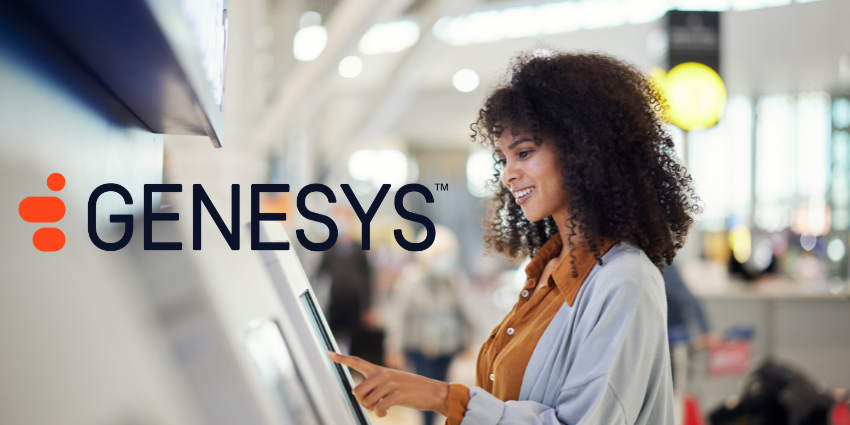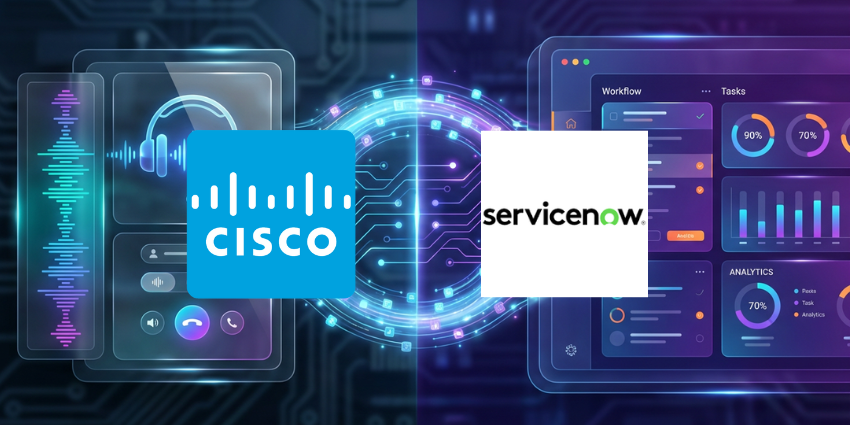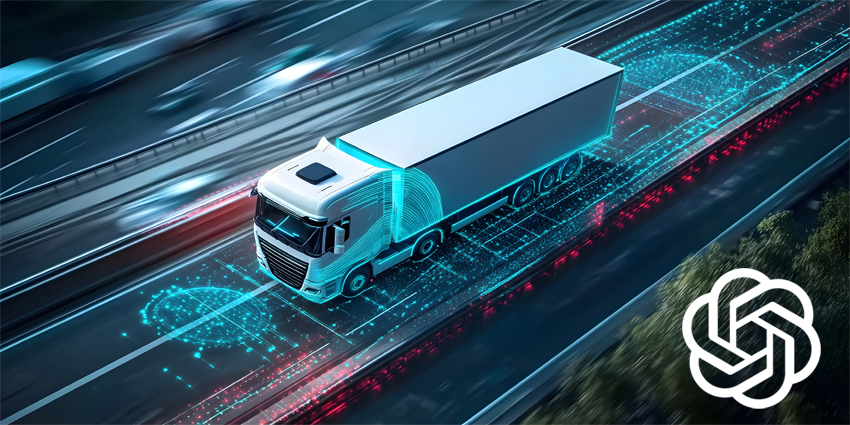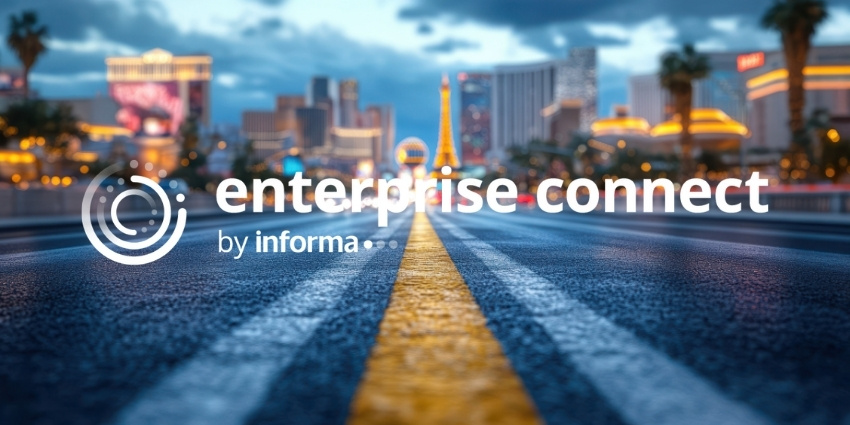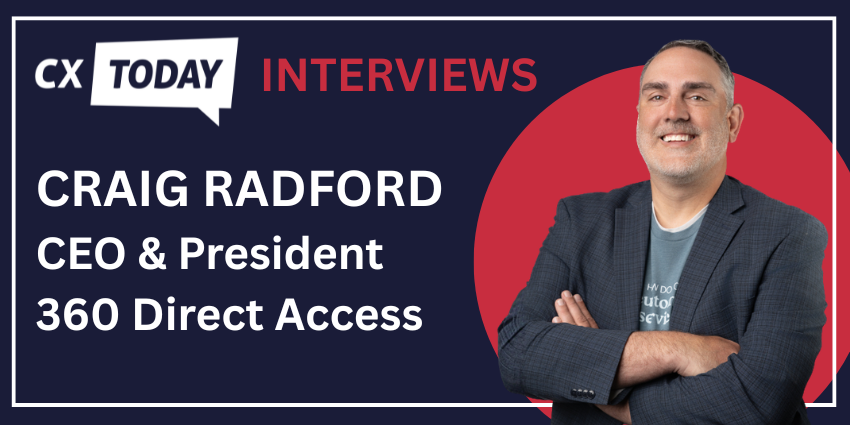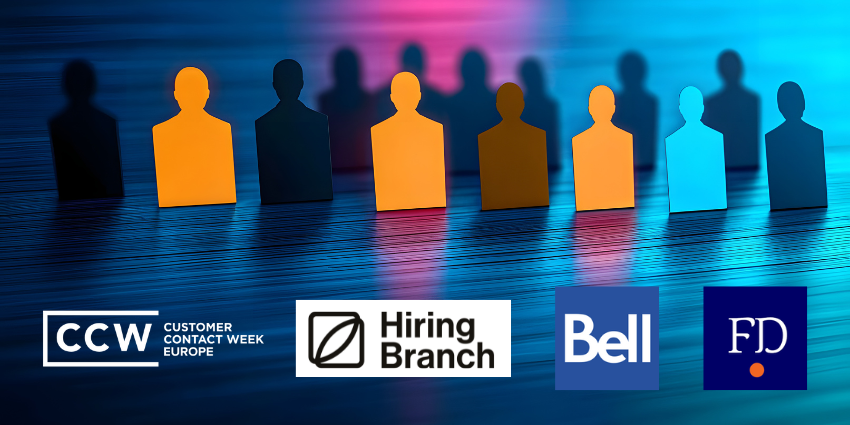Zendesk has taken the unusual step of describing its new CCaaS solution as “Un-CCaaS”.
The solution – “Zendesk for Contact Center” – stems from its acquisition of Local Measure back in February.
Indeed, Zendesk has wasted little time in taking Local Measure Engage – the company’s existing CCaaS offering – and repackaging it.
By doing so, the CRM and helpdesk stalwart plots to “redefine the contact center landscape” with an “Un-CCaaS” offering.
But what exactly is Un-CCaaS? To understand, it’s important to get to grips with how contact centers are currently leveraging CCaaS platforms.
The Era of CCaaS Experimentation
In a recent edition of CX Today’s Big CX News show, a panel of CX analysts discussed Zendesk for Contact Center and what the CRM giant is hoping to achieve with its Un-CCaaS framing.
For Liz Miller, VP and Principal Analyst at Constellation Research, the move is symptomatic of what she refers to as “the era of contact center experimentation.”
Explaining this, Miller noted a pointed undercurrent of dissatisfaction with the CCaaS market in recent times, which has led to many enterprises experimenting with multiple contact center vendors.
“You see the same logo on three different vendor slides at conferences and wonder: “Wait, aren’t they using seven vendors?” explains Miller.
It’s the era of contact center experimentation, which is a relatively new phenomenon.
“That’s opened the door for a vendor like Zendesk to step in with something more cohesive.”
The Un-CCaaS CCaaS Platform
Regarding the Un-CCaaS element, Miller likens it to T-Mobile’s Un-Carrier marketing ploy from the early 2010s, which positioned the company as a disruptive alternative to some of the traditional telco giants.
While the analyst is unsure about the staying power of the name “Un-CCaaS”, she is enthusiastic about Zendesk’s decision to differentiate itself from the field by positioning itself as a company that eliminates the need for experimentation by focusing on delivering resolutions.
“They’re betting that organizations tired of experimentation will want a platform that just fits,” she said.
This point was also echoed by Finbarr Begley, Senior Research Analyst at Cavell, who detailed how this resolution-based approach ties into Zendesk’s automation strategy.
By bringing automation directly into the ticket resolution process, it becomes simpler and more seamless to solve and track issues.
Begley sees this as a “very appealing message” when compared with the legacy confusion of per-seat pricing and AI upsells.
In another of Miller’s trademark analogies, she compares the situation to the fairy tale of Goldilocks and the Three Bears.
Many of these enterprises have experimented with several different recipes for CCaaS porridge, but it isn’t hitting the spot
By rooting its offering in resolution and knowledge, Zendesk is hoping that its Un-CCaaS solution will be just right.
The Zendesk Resolution Platform
Zendesk’s prioritization of resolutions is not limited to its CCaaS tools, with the company recently launching the Zendesk Resolution Platform.
Announced at its annual conference, Zendesk Relate 2025, the platform serves as a central hub for AI agents that can reason, learn, and evolve to automate more customer interactions over time.
It includes both pre-built agents and an AI Agent Builder, enabling contact centers to tailor agents for specific service needs.
Beyond AI agents, the platform also includes the Zendesk Knowledge Graph, which unifies knowledge sources, and the Knowledge Builder, which uses AI to enhance and update those sources by analyzing successful support tickets.
Other key features include:
- An Action Builder to integrate AI and human workflows
- A no-code App Builder for creating custom apps across Zendesk
- A QA module and AI Insights Hub to track agent performance
- AI Reasoning Controls for real-time transparency into AI decision-making
The platform is designed to make Agentic AI practical, efficient, and service-oriented.
More News from Zendesk
As well as debuting the Resolution Platform, Zendesk CEO Tom Eggemeier also chose Relate 2025 to spotlight the company’s new agentic AI pricing model, claiming that the vendor was the “first and only company offering flexible pricing” for AI agents.
Eggemeier explained that the model means that customers only pay when AI agents successfully resolve issues without human help.
Finally, at the event, Zendesk launched an employee service module for its hallmark platform.
From the module, teams working in Zendesk can receive “rapid resolutions” to their HR- and IT-related queries.


